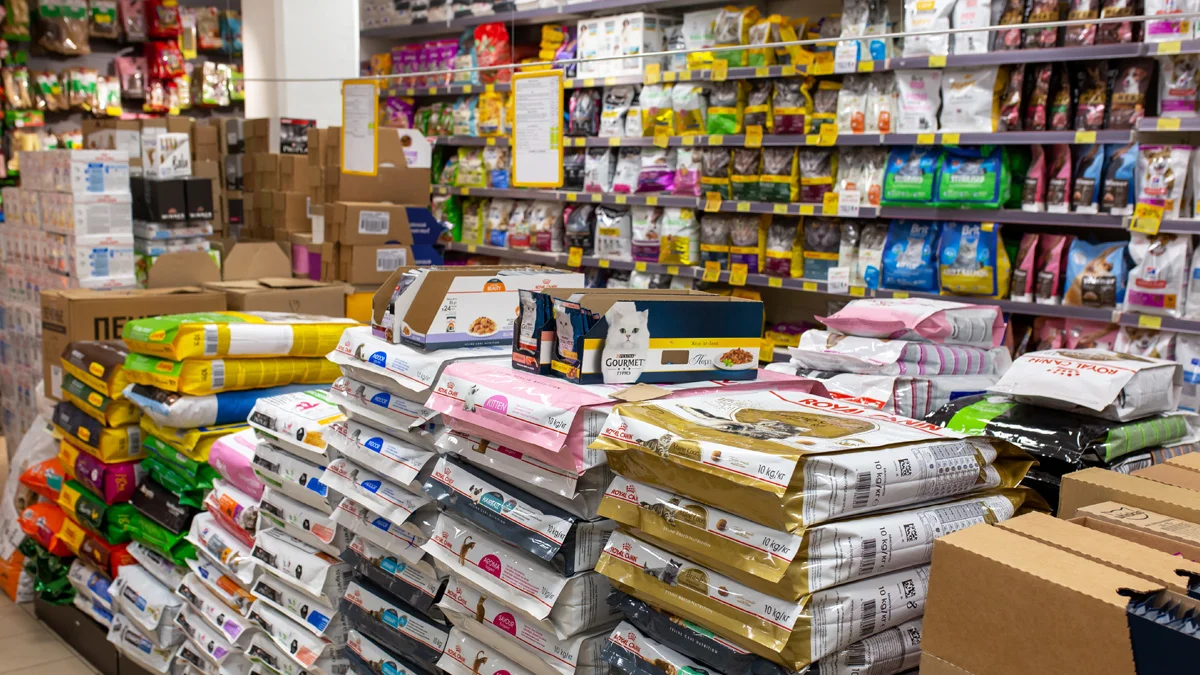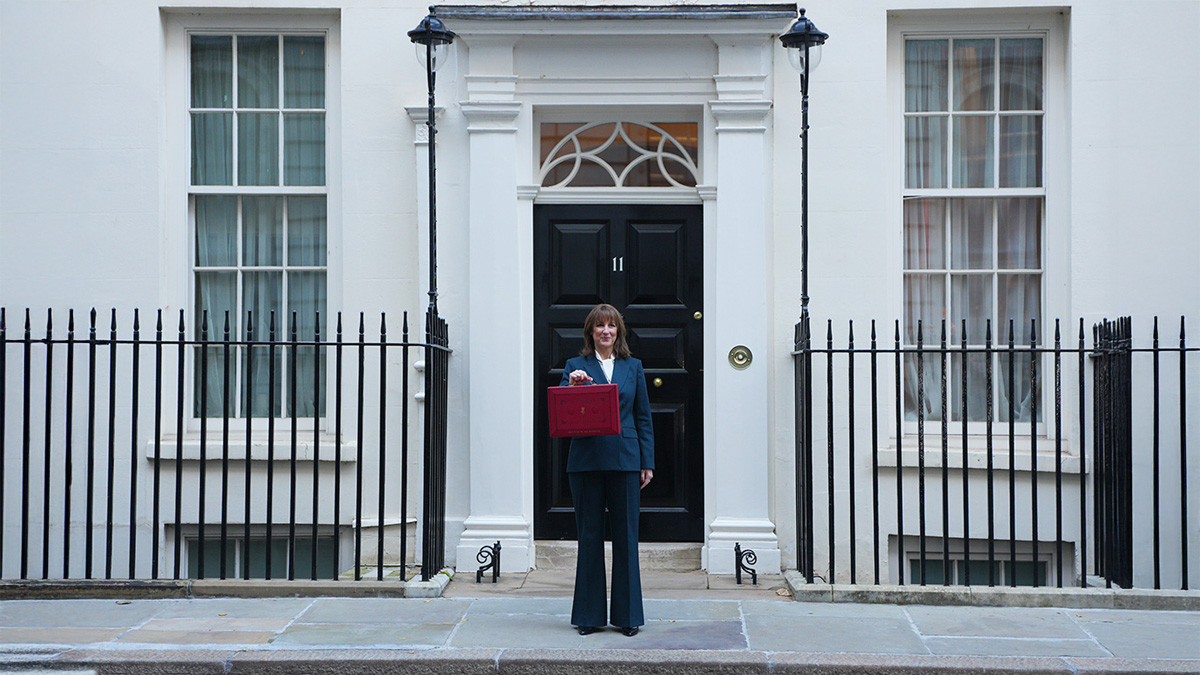
Pet ownership soared during the pandemic. Between 2012 and 2020 the proportion of us inviting an animal into our homes held relatively steady at around 45 per cent. But with many of us spending more time at home in those dark days, that rate increased to more than 60 per cent, according to data from UK Pet Food.
Spending on a pet is no longer about feeding them and making sure they have a bed to sleep in. We now add birthday and Christmas presents, puppuccinos and matching pyjamas to the mix. Unsurprisingly, businesses are looking to meet this demand.
The evolution of the pet food market
In the 1990s, Pedigree Chum was the go-to choice for dog owners, but now there's an expanding array of alternatives on the market.
One such company is Scrumbles. Set up in 2018 by London-based couple Jack Walker and Aneisha Soobroyen, it provides natural, high-quality food for cats and dogs.
The idea for the business was sparked by Soobroyen’s own experience. She was working at a children’s healthy snack company when her pet Boo had stomach problems and had to be prescribed a probiotic paste. This inspired her and her husband to develop a pet food with gut health benefits – and Scumbles was started.

The pair started the business using their own savings and money from friends and family, but it has recently secured a £6m investment from BGF. Despite their success, Soobroyen cautions aspiring entrepreneurs entering the market to brace themselves for disappointment.
“Know that there will be more challenging days than good ones, particularly in the beginning,” she says. “Keep going and surround yourself with good people. Newcomers will face tougher barriers to entry and innovation may suffer due to cost-of-living pressures and shopper expectations.”
Another way the industry is changing is through a focus on meat alternatives. Many pets – notably cats and dogs – consume a lot of meat but many owners are looking for more sustainable alternatives.
One company offering an alternative is Meatly. CEO Owen Ensor thought there must be a better way of feeding pets that would give them the nutrients they need and so he created the world’s first cans of pet food that use cultivated chicken as a protein source. It is on track to be the first company to sell cultivated meat as pet food in Europe.
“Globally 20% of meat is eaten by pets, which has a significant environmental impact,” he says. “By using cultivated meat, we can provide the same delicious, healthy meat a pet wants but we use dramatically less land and water, and no antibiotics or GMOs.”
With £3.5m already raised, Meatly is now in the process of finalising its next funding round. Ensor acknowledges the vast potential for new businesses but emphasises the importance of standing out from the crowd.
“Make sure your company has a unique attribute and is offering something people can’t get elsewhere,” he says, adding: “We need to move towards a more sustainable planet and there is a huge appetite for this, so I’d urge people to focus on creating solutions that work for both our environment and our economy.”
The petcare industry goes digital
Claire Greenyer is the co-founder of Biscuit Pet Care, an app-based pet wellbeing rewards programme. It aims to help people give their pet enough activity by setting reminders and rewards for going on walks that can be exchanged for vouchers at retailers including Asda.
But she admits getting the app started wasn’t the easiest task. She worked with three different software development agencies before finding the right fit, highlighting that brand alignment, open communication, and a shared understanding of resources and capabilities are essential for successful collaboration.
She says, “If it doesn’t feel right, it probably isn’t.”

Alongside this, any new business needs a strong value proposition that customers want to use and share with friends. “Not only is having product-market fit essential for a sustainable business but so too is having a sharable brand,” she adds.
She suggests minimising time spent in the planning phase and encourages validating ideas through real-world testing. No good comes from clutching onto an idea that's destined to fail," she warns, “listen to feedback, course correct, and test new directions for market fit."
Consolidation control
These three brands are just a small sample of the companies joining the pet care industry and catering to the clear needs of the community. Nick Horniman, a veterinary surgeon and founder of the online pet pharmacy MyPetsVet, believes there is still room for further growth and innovation within the industry away from the big players.
He says, “New niche products and services are popping up all the time, from boutique pet care services to alternative therapies. Amplify this with more people than ever becoming pet owners and there is room for new businesses to join the industry and opportunities for growth.”
Related and recommended

The prime minister and chancellor may be safe for now but Cabinet ministers believe it’s a case of when, not if, they fall

After creating her own hair oil blends as a student, Lucie Macloud grew Hair Syrup into a multi-million pound business that she’s now expanding into Europe and the US

Thea Green, one of the UK’s most successful entrepreneurs in the beauty and self-care space, shares her advice

Nick Grey's story is a tale of grit, design obsession and the strategic choices behind sustainable success

